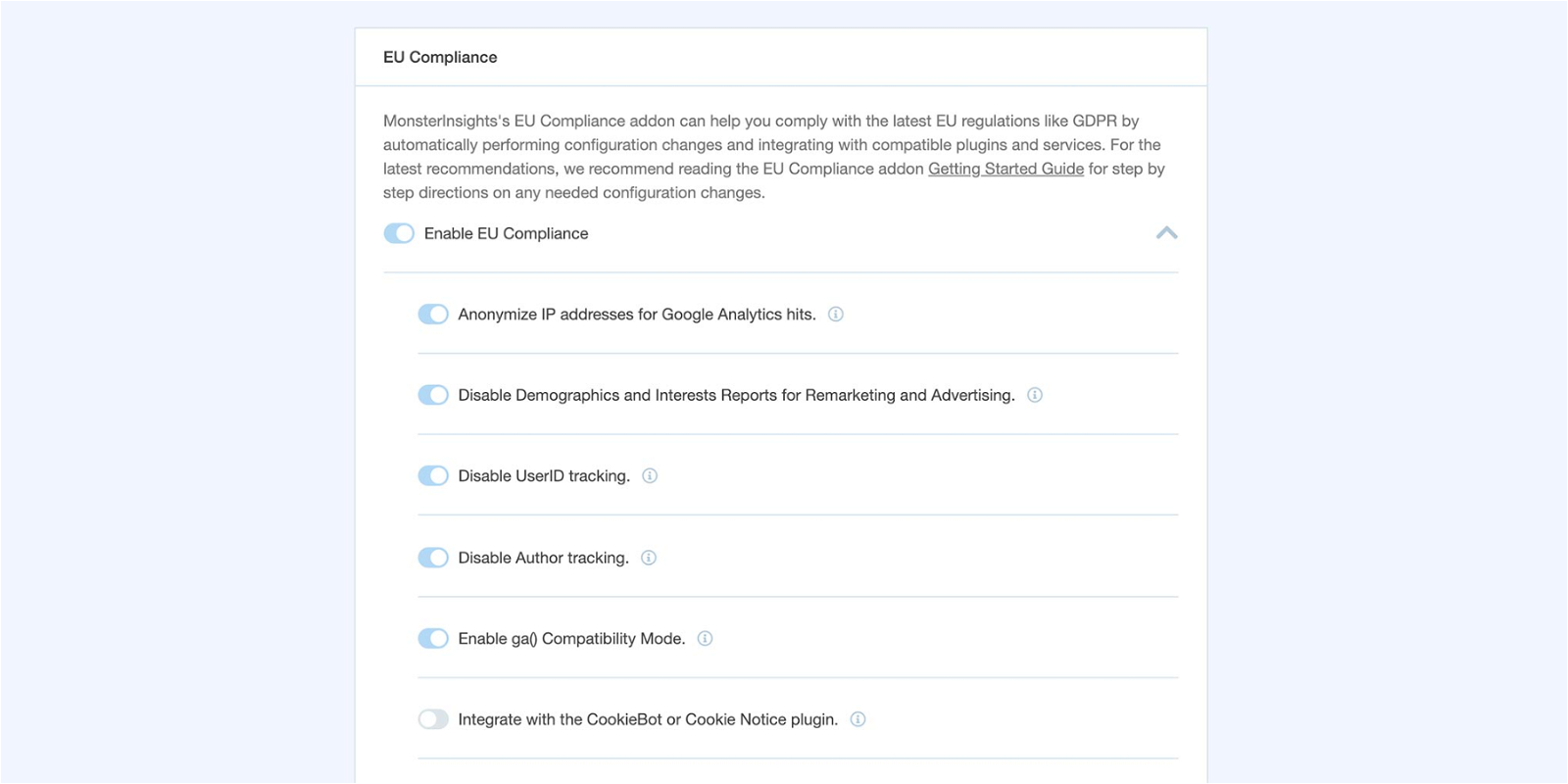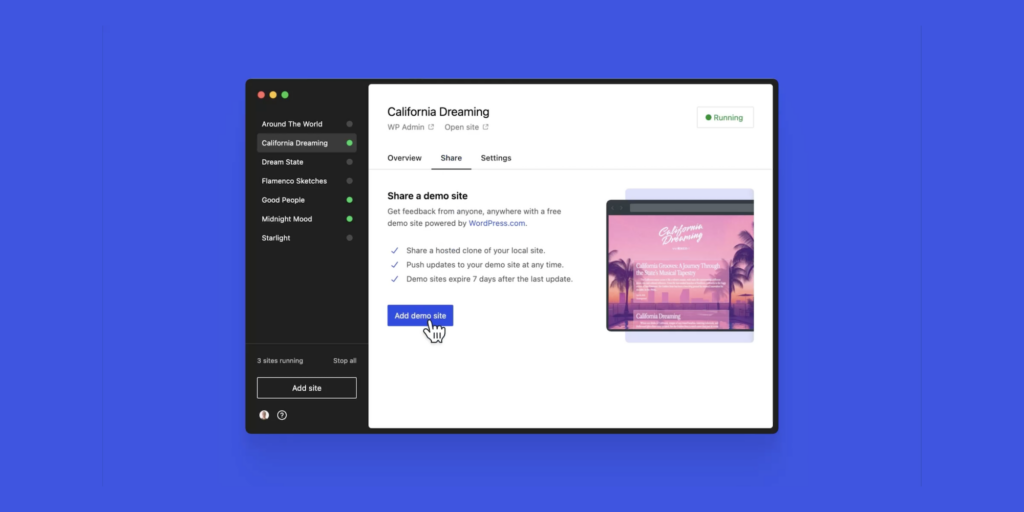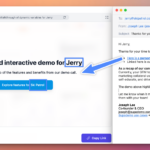Curated blog with news, events, listings, jobs and exciting stories about web design & web development.

How To Quickly Make Your Google Analytics CCPA Compliant
Are you running Google Analytics on your WordPress site to track the performance of your website and understand the behaviour of your users? Well, you’re not alone in this, as millions of other websites also use this popular analytics tool. But are you also compliant with CCPA? If not, MonsterInsights can help you to become compliant with ease.
Get The Google Analytics Plugin For WordPress »
CCPA Compliance
Google Analytics is a powerful, free analytics tool. However, the way it works and collects personal data about your site visitors can get you into real trouble – that is, if you do not meet California Consumer Privacy Act (CCPA) compliance.
Similar to the GDPR in the European Union, CCPA enhances privacy rights and consumer protection for all residents of California. This includes the Right to be Informed, the Right to have Data Deleted, the Right to Equal Services and Price, and more.
However, there is a difference to the GDPR because the CCPA does not apply to everyone, but only to companies whose annual gross income is $25 million or more. If 50% or more of your annual income comes from the sale of consumer personal information or you buy, receive or sell personal information from 50,000 or more consumers, devices or households.
If you meet the above conditions and violate the law, you will be subject to severe penalties. Luckily MonsterInsights provides a simple solution.
How to Make Google Analytics CCPA Compliant?

It just takes three simple steps:
- Install MonsterInsights along with its EU Compliance Add-on
You can anonymize or disable tracking of personal information in Google Analytics simply by clicking a button. - Create an Opt-Out Consent Box
You can easily create an opt-out consent box with the free CookieBot or Cookie Notice plugins which both integrate with MonsterInsights just fine. - Update Your Privacy Policy
Finally, you may need to update your privacy policy by informing your website visitors about the use of Google Analytics, the personal data collected and the purpose of the data you collect. You should also inform them about the use of cookies and how they can view their stored data and how it can be deleted.
By using Google Analytics along with MonsterInsights, you can easily comply with the new law.
Get The Google Analytics Plugin For WordPress »
Disclaimer: We are not lawyers and therefore do not assume any liability. This blog post does not constitute legal advice and does not replace the advice of a lawyer.
The Fair Freelancer Marketplace
Freelancers, would you like to win 1 of 5 free business profiles for life? Sign up to enter the competition.
Ahoi.pro, the new fair freelance marketplace is about to launch! Sign up to be among the first to be notified!
FTC Disclosure: We may receive a payment in connection with purchases of products or services featured in this post.






